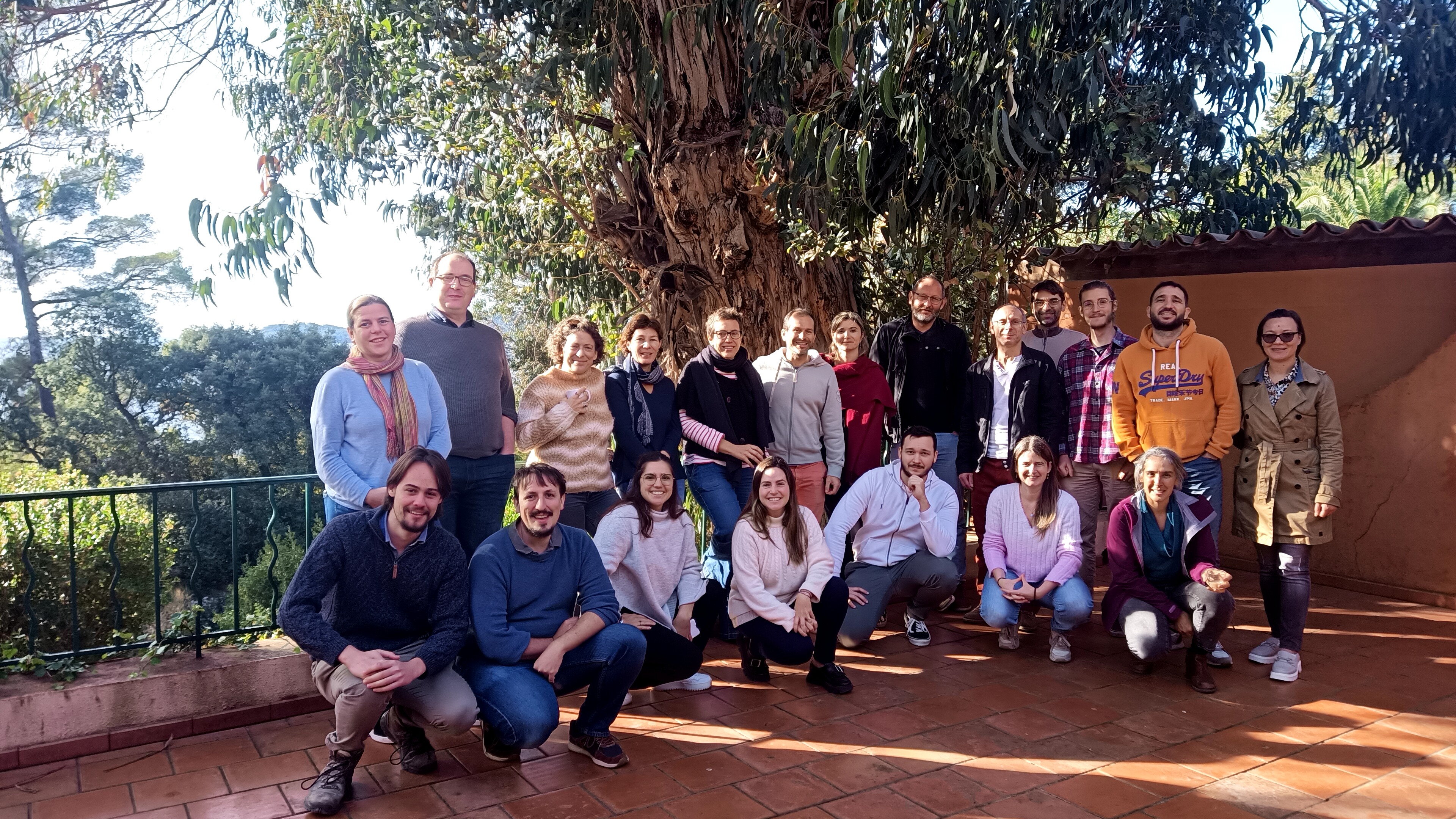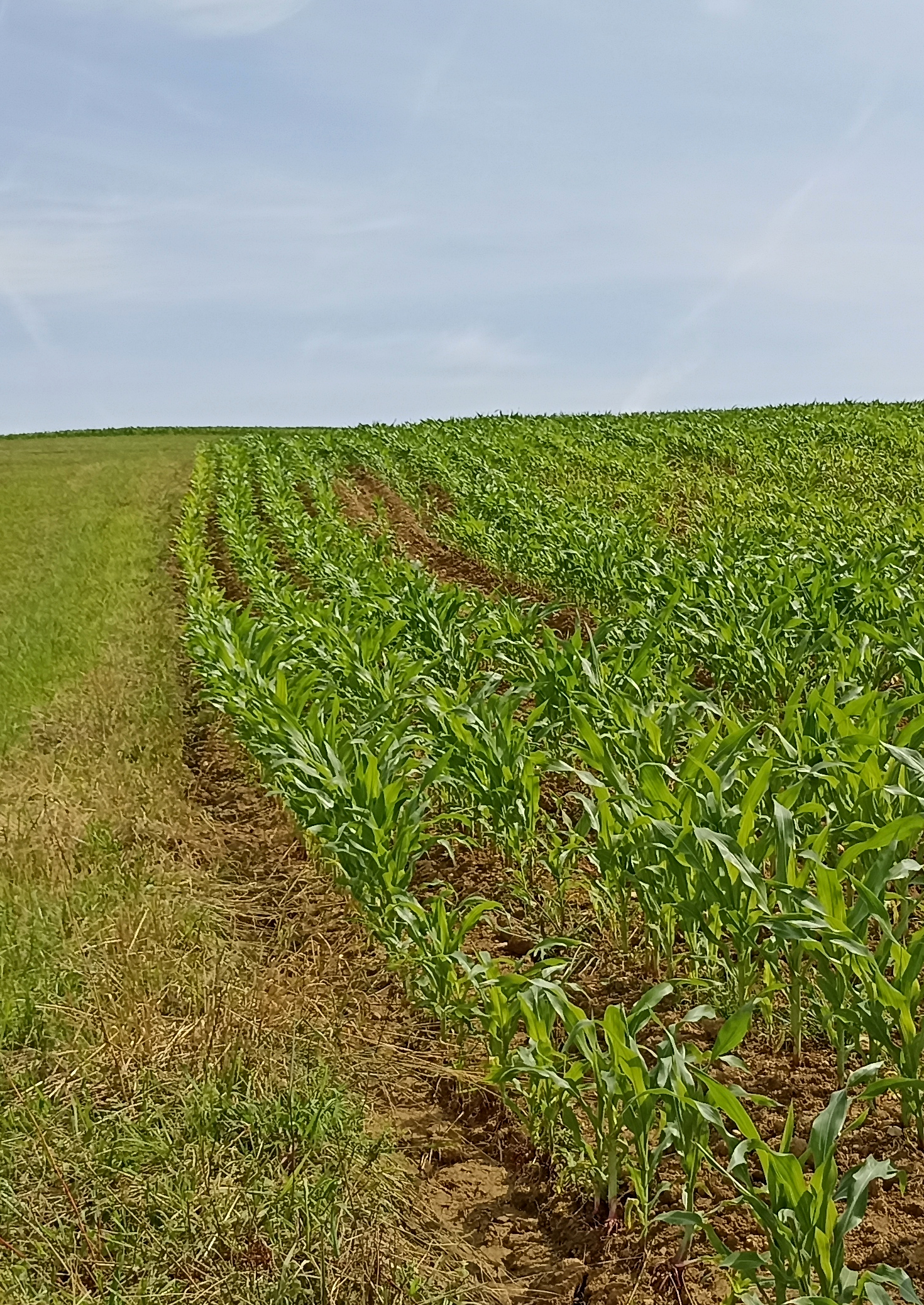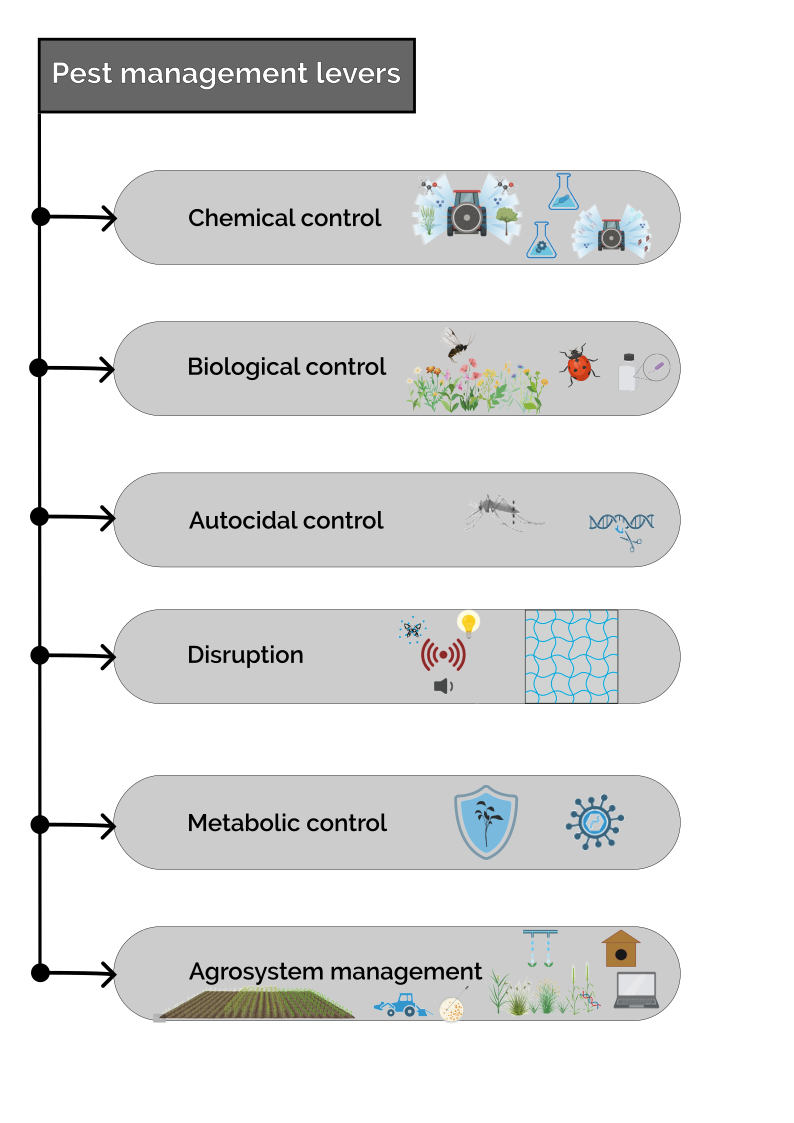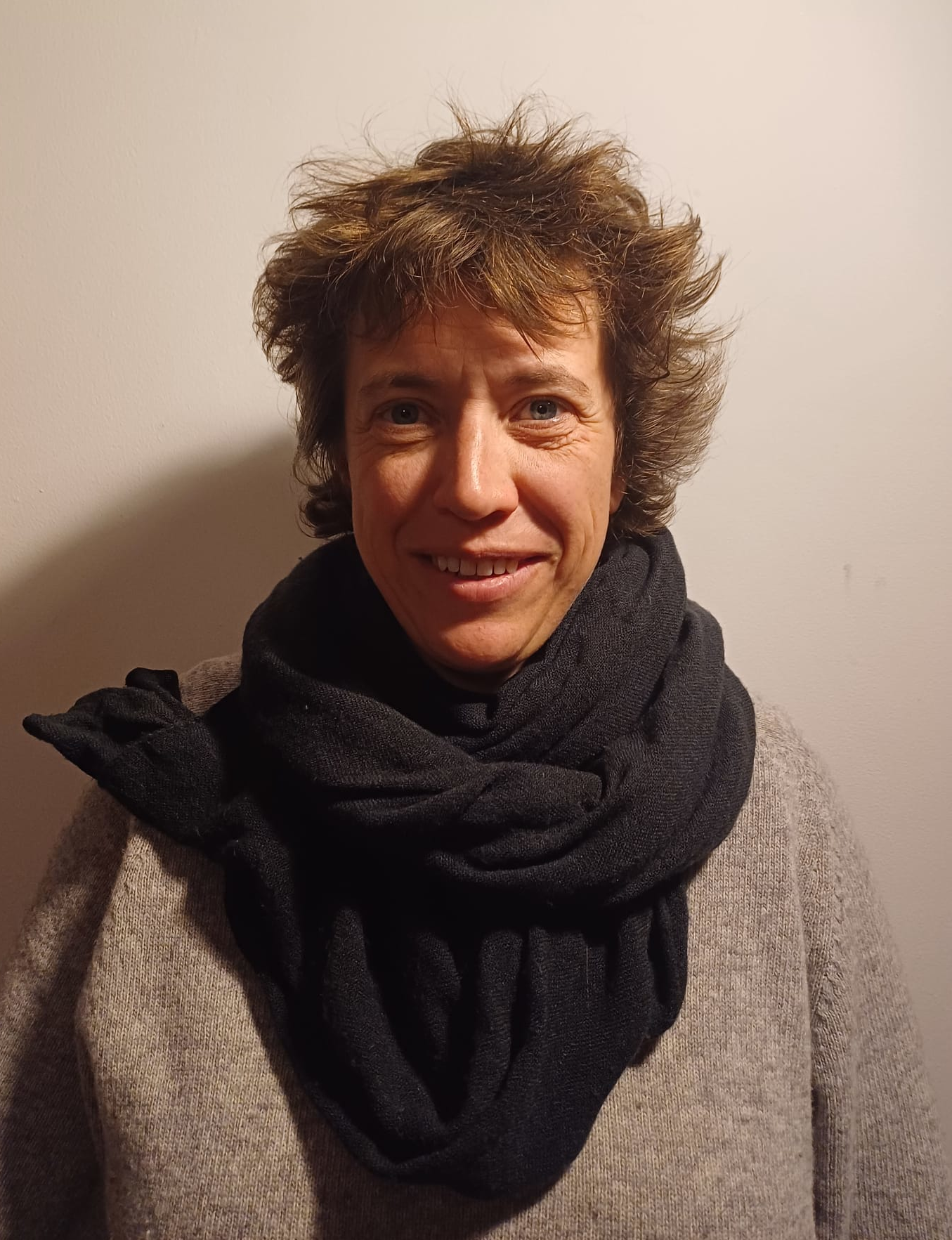Academy of Excellence "Territories, Environments, Risks and Resilience"
Network on non-target effects of biocontrols
Non-target effects as a frame of reference to find and assess sustainable strategies for pest and vector management.

Academy 3 highlight
The ENI-BC+ network brings together academic researchers from different disciplines to work toward a common goal: evaluate the anthropogenic impact of “agriculture and farming on the environment and on society in order to design sustainable pathways” with the aim of protecting crops, livestock breeding, humans, and the environment.
The project
In 2020, we initiated a collective investigation of the non-target effects of these biocontrol solutions. A first virtual meeting gathered more than 50 researchers who expressed an interest in the topic. Two main ideas emerged. First, all the biocontrol solutions that deal with the same agricultural issues should be evaluated using the same criteria to provide comparable results. Second, a multidisciplinary approach is mandatory as non-target effects are inherently diverse – ranging from effects on biodiversity to the functioning of human organizations – and their desirability depends on the social group considered. On this basis, it was decided to create the ENI-BC+ research network. Academy 3 helped the community to become more strongly structured and enabled collective research to take shape.
The network aims to promote the study of the non-target effects of crop protection strategies. The ultimate goal is to avoid repeating the mistakes of the past, when synthetic pesticides were deployed, and to provide guidelines for choosing the best biocontrol solutions depending on the context and the region. In concrete terms, the network aims to stimulate the study of the non-target effects of pest and vector management strategies by firstly, federating an interdisciplinary scientific community, secondly, initiating new academic research projects, and thirdly, working collectively on interdisciplinary syntheses and conceptual frameworks. The network covers all the strategies (products, techniques and services) designed to protect crops and livestock breeding and to manage vector-borne diseases. It goes beyond the basic definition of biocontrol and proposes an integrative conception of pest and vector management encompassing plant, animal, human and environmental health. This aspiration is reflected in the acronym of the network: ENI, “Effets Non-Intentionnels”, French for non-target effects, and “BC+”, to designate BioControl strategies and more!
The ENI-BC+ network now includes more than 140 researchers from a wide range of disciplines in the natural and human sciences. These researchers work for different research institutes, universities, technical institutes, and French agencies (ANSES and the Ministry of agriculture and food safety). The network is organized around annual workshops attended by some forty scientists, during which lectures and presentations alternate with group discussions facilitated by collective intelligence tools. These workshops have given rise to research projects on specific issues, as well as two working groups on (1) the identification and categorization of target and non-target effects of pest control levers in agroecosystems, and (2) post-approval monitoring of alternative pest control methods. The ENI-BC+ network is, by its very nature, a collective project that involves many people. Only the most active (in the organization team or working groups) are listed below, but the strength of the network rests on all its participants!


The +
This project has helped to structure and increase the visibility of the ENI-BC+ interdisciplinary research community. It has also led to the production of two collective syntheses on the typology of pest management levers and the characterization of the levels of integration that these levers might affect.
What’s next?
The aim of the ENI-BC+ network is to remain active and keep growing. This interdisciplinary community will be consolidated by the annual workshops which provide the opportunity for academics from different disciplines to focus on common objects and questions. Collective research will be pursued and will probably serve as a basis for upcoming projects. The ENI-BC+ network also aims to expand internationally, with the organization of an international event in 2025.
Project information
|
Scientific domain
Environmental and Human Health, Ecotoxicology, Social Sciences |
Key words Sustainability Agriculture Pest-management Biocontrol One Health |
|
Total budget
€30,000 from Academy 3
|
Start of the project |
Partners ISA - Université Côte d’Azur, CNRS, INRAE GREDEG - Université Côte d’Azur, CNRS CBGP – INRAE, Cirad, IRD, Institut Agro Montpellier ANSES CEFE - Université de Montpellier, CNRS, EPHE, IRD EBI - Université de Poitiers, CNRS SADAPT - INRAE, AgroParisTech, Université Paris-Saclay ECOSYS - INRAE, AgroParisTech, Université Paris-Saclay PSH - INRAE BABEL - Université de Toulon CIRAD AgroParisTech AGROSCOPE |
Project members Simon Fellous (CBGP) Marcel Amichot (ISA) Nicolas Borowiec (ISA) Armel Gallet (ISA) Anne-Violette Lavoir (ISA) Nicolas Ris (ISA) Elodie Vercken (ISA) Manuel Boutet (Gredeg) Aura Parmentier-Cajaiba (Gredeg) Christophe Plantamp (Anses) Lise Roy (Cefe) Freddie-Jeanne Richard (EBI) Armelle Mazé (Sadapt) Laure Mamy (Ecosys) Lucile Delatouche (Cirad) Hélène Ledouble (Babel) Julie Borg (PSH) Bertrand Gauffre (PSH) Myriam Siegwart (PSH) Thierry Spataro (AgroParisTech) Jana Collatz (Agroscope) Students involved
D. Bonzi |

Louise Van Oudenhove
ISA - Université Côte d’Azur, CNRS, INRAE
Scientific promotion of the project

















